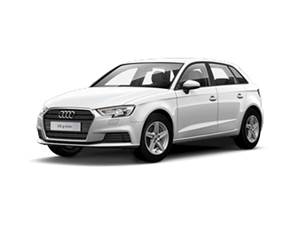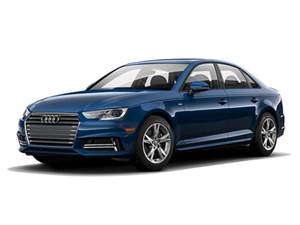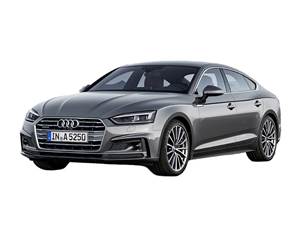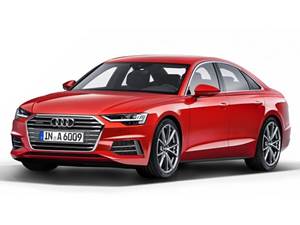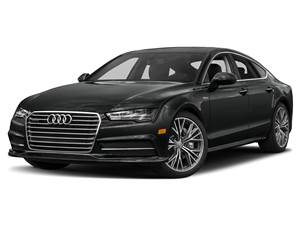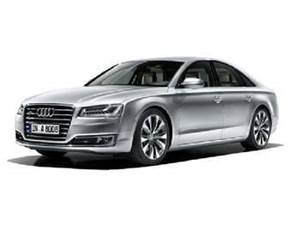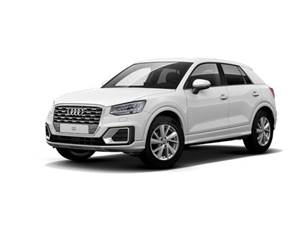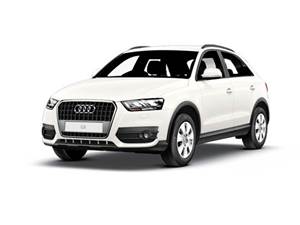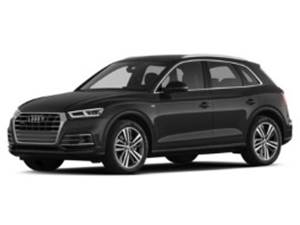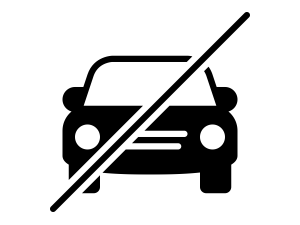
New audi LPG Car Models
Audi is one of the best-selling luxury car manufacturers in the world. However, the origins of the German brand are complex.
Audi was founded technically back in 1885 when the Wanderer Company was founded, which would later become an Audi branch. But it was in 1899 when August Horch founded A. Horch - Cie in Cologne, and then formed the August Horch - Cie. Motowagenwerke AG in 1904. However, this did not last long and Horch left Motowagenwerke in 1909, founding his own company August Horch Authomobilewerke GmbH. You may have noticed that all these company names sound very similar because their old company definitely did. They sued Horch for trademark infringement and the Supreme Court agreed. Horch then had to find a new name for his company.
Horch in Latin is Audi, which means 'listen'. And so, Audi was born. In April 1910, Audi Automobilwerke GmbH Zwickau was officially created.
The range of cars with LPG Autogas offered by the German audi brand in UK has been extended with the approval of equipment to retrofit their cars:
The list of New LPG factory fitted Models of Cars for sale in Europe is growing continuously, more and more brands offer versions of their cars incorporating LPG which is enhanced by the advantages:
A new Audi LPG Model of vehicle usually maintains the same gasoline system as the traditional version incorporating the LPG / CNG equipment
the Audi LPG Vehicle has a price slightly higher than the gasoline version but lower than the diesel version
Although it can be established that operating in LPG mode the vehicle consumes a little more than gasoline, the price of fuel has a saving of more than 30%
The refilling from the supplier is carried out in a time comparable to that necessary for refueling gasoline. The system is, likewise, very simple and comfortable.
Being a cleaner system, catalytic converters, filters, "adblues" are eliminated, which reduces the possibility of mechanical breakdowns. Thus, for example, the service life of the oil increases with what it means for motor care
The first cities begin to limit the access of diesel vehicles, in their restrictive regulations vehicles with LPG have access advantages
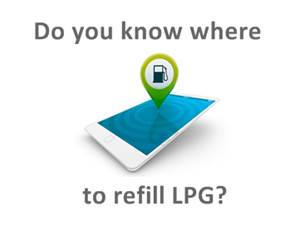

Today there is a wide range of car makers offering lpg versions for their cars in Europe , just for one simple reason:
There are more than 15 million of cars running on lpg on european streets not a small market for car producers
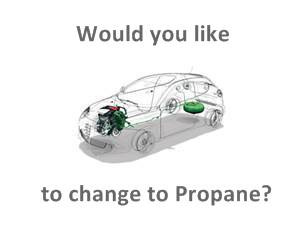


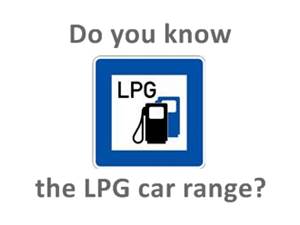
A new alternative to traditional gasoline and diesel. The application of gases in the automotive industry is not new, but the evolution of technology improves its results and increases the attractiveness of this solution, while reducing prices. Basically, you can choose between two options: LPG or liquefied petroleum gas (or autogas, so-called in the service stations that offer it) and CNG or compressed natural gas. And although each has its advantages and disadvantages, the best news is that both help reduce operating costs and reduce emissions. The economy, economic and environmental, is appreciable. The liter of LPG costs 0.60 euros, half of the gasoline, while each kilogram of LPG is of the order of 0.90 euros. Therefore, switching to gas helps pocket, especially if it is LPG. In the ecological aspect, however, the result is different because CNG is clearly imposed: it reduces CO2 emissions by 25% compared to gasoline (12% of LPG) and especially up to 85% of oxides of nitrogen (NOx) compared to diesel.
A Seat Leon, available with gasoline, diesel and LPG variants, makes comparisons. Gasoline emits 114 g / km of CO2 and 25.7 mg / km of NOx and diesel, 105 and 44.5. But natural gas improves with 96 g / km of CO2 and 10.7 mg / km of NOx. As a reference, a Ford Focus LPG emits 19.3 mg / km of NOx. Gasoline cars run in the same way as normal cars, because the only thing that changes is that they include two tanks (the second for gas) and two fuel injection systems in the engine. Although in the LPG models the driver decides how to operate a button in CNG, the car will always work with natural gas and will only use gasoline when it runs out automatically.
Prices have fallen for a decade, and many manufacturers are also offering incentives that increase their competitiveness by offering, for example, discounts for gasoline vehicles. The increase in weight and the loss of the spare wheel, on the other hand, are the main problems. And, depending on the size of the tanks, the trunk could also lose its capacity.
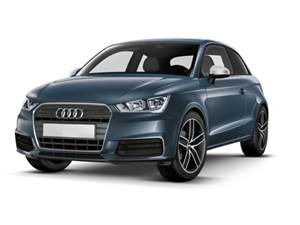
 POSSIBILITY OF BEING ADAPTED TO CONSUME LPG
POSSIBILITY OF BEING ADAPTED TO CONSUME LPG